If you don’t currently have lemongrass oil in your medicine cabinet, you might want to go grab a bottle. Here’s how to use this versatile fragrant oil to give your health a boost.
You probably know vibrantly scented lemongrass from exotic dishes like Vietnamese chicken wraps or Thai-style coconut milk mussels. However, you don’t have to chop up a lemongrass stem to get all its amazing benefits!
Lemongrass essential oil has a surprising number of uses up its sleeve, from fighting fungal infections to acting as a natural deodorizer. Here are 16 ways you can use it to improve your health, clean your home, and even improve your beauty routine.
Want naturally radiant skin? We’ve created a FREE guide to give you the best tips & tricks for natural skincare.
Click here to get your FREE copy of our Skincare Guide!
What Is Lemongrass Essential Oil?
Lemongrass essential oil is extracted from the Cymbopogon flexuosus or Cymbopogon citratus plant in the Poaceae grass family. It is native to warm, tropical regions, such as Southeast Asia and India, which is why it’s so common in Asian cuisine.
Traditionally, lemongrass was used to improve digestion, reduce inflammation, and as an antimicrobial. Modern research proves that lemongrass essential oil delivers these benefits, and so much more.
16 Lemongrass Essential Oil Uses
The uses of lemongrass essential oil seem virtually endless once you dive in. Here are the most popular ways to use it, categorized by health, beauty, and home uses. Be sure to stock up accordingly!
For Your Health

1. Lowers anxiety
If you’re feeling stressed out, the fragrance of lemongrass oil might help calm you down. One study showed that patients who inhaled the scent of lemongrass oil while confronted with a stressful test experienced less tension than those in a placebo group. (1)
2. Relaxes muscles
Tight and sore muscles can not only put a damper on your day, but also interfere with your workouts. Interestingly, lemongrass oil can help relieve muscle aches and spasms. Plus, its anti-inflammatory compounds can also work to reduce post-workout muscle soreness. (2)
3. Fights fungal infections
If you’re suffering from athlete’s foot, jock itch, or any other fungal infection, lemongrass oil can help fight it. Citral, one of lemongrass essential oil’s active components, is a potent antimicrobial that can fight many types of fungi, including yeast like candida. (3)
If you’re dealing with a constant case of athlete’s foot, rub diluted lemongrass oil over the area to kill the fungus. You can also add a few drops to your sneakers to prevent it from spreading.
4. Improves gut health
It also seems like lemongrass oil can help protect and heal certain gut problems. Specifically, animal studies show it can fight ulcers, reduce gut inflammation, and heal damage to the intestinal lining caused by chemicals. (4) More studies on this topic are needed, but research so far finds a promising link between lemongrass essential oil and stomach issues.
5. Relieves headaches
The combination of lemongrass oil’s anti-inflammatory and muscle-soothing compounds are great for soothing headaches. A compound called eugenol is responsible for lemongrass oil’s healing ability – and researchers believe it’s as potent as aspirin. (5)
6. May reduce fevers
Traditionally, lemongrass was used in ancient medicine systems to help break fevers due to its “cooling” effect. While modern research in this area is limited, scientists believe that lemongrass oil can help reduce fevers due to its ability to quell inflammation. (6)
7. Boosts immunity
If you’re feeling under the weather, reach for a few drops of lemongrass essential oil. Studies in vitro show it may reduce inflammatory cytokines in our bodies, which could result in an immune boost. (7)
8. Calms arthritic pain
As we’ve seen in several studies, lemongrass oil contains many antioxidant compounds that help reduce inflammation – the root of most diseases, including arthritis. (8) One study found that lemongrass oil reduced rheumatoid arthritic pain levels by up to 80 percent! (9)
9. Fight colds
Lemongrass oil’s antibacterial properties may also help conquer the common cold and flu. When used as a vapor or diffused into the air, it acts as a cure-all against bacteria that can put you down for the count – so consider using it preventatively this winter! (10)
10. Reduces blood sugar
Animal studies find that lemongrass oil can help reduce blood sugar levels in cases of type 2 diabetes in just 42 days. As a bonus, it might even help raise “good” HDL cholesterol levels. (11)
11. May help with nausea
While direct studies are needed to prove this claim, lemongrass oil is reported to help soothe a queasy stomach. (12) Its antimicrobial properties will be especially helpful if you’re suffering from nausea due to a cold or flu.
For Beauty
12. Soothes irritated skin
If your skin is inflamed or irritated, lemongrass oil may help soothe it. One animal study found that mice with paw edema experienced a reduction in inflammation and pain after receiving oral lemongrass treatments. Topical application also significantly reduced ear edema on the mice as well. (13)
13. Nourishes your hair
If your hair or scalp could use a refresh, try adding a few drops of lemongrass oil to your shampoo. The antifungal and antibacterial properties will help cleanse your scalp and soothe irritation, while flavonoid antioxidant compounds will nourish hair follicles. (14)
For the Home
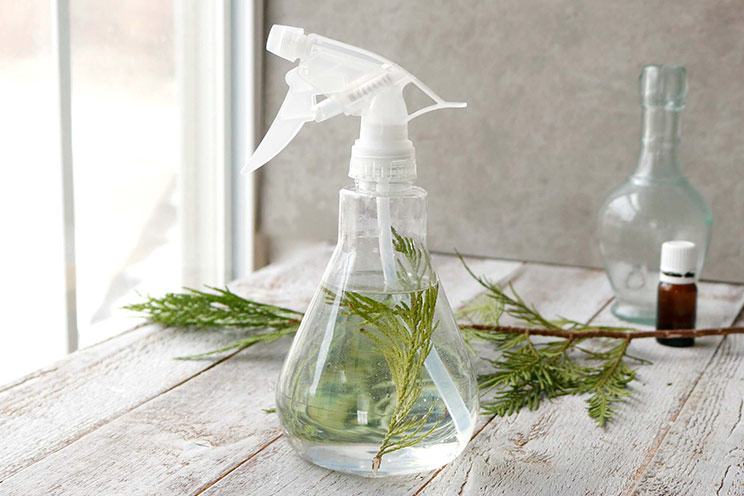
14. Repels pests
The compound eugenol in lemongrass oil repels mosquitoes, spiders, mites, and other arthropods. One study found that topically applying petroleum jelly mixed with lemongrass oil resulted in long-lasting protection against unwanted critters. (15)
15. Deodorizes and freshens
Lemongrass oil’s germ-killing properties combined with its fresh, lemon-y scent make it an excellent deodorizer to use around your home. Try adding a few drops to the bottom of your trash bin to keep out smells, or mix several drops in a spray bottle filled with water for a DIY, all-natural air freshener.
16. Cleans countertops
Lemongrass essential oil’s ability to help kill bacteria and microbes make it an excellent household cleaner. Dilute 1 cup of vinegar in 1 cup of water in a spray bottle and add 15 drops of lemongrass oil. Use it to clean countertops, bathtubs, and other surfaces as needed.
How to Find High-Quality Lemongrass Oil
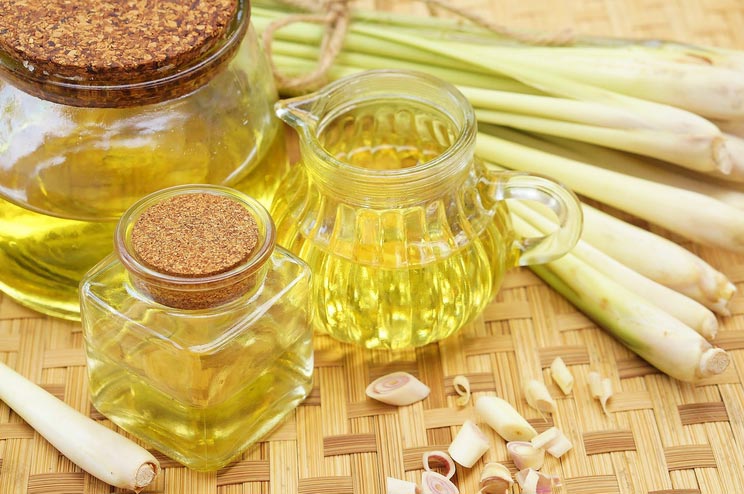
The key to finding a high-quality lemongrass essential oil is to carefully read labels and certifications. To ensure the oil is pure, and isn’t diluted or potentially containing chemicals, you want to make sure it’s 100 percent lemongrass oil, therapeutic grade, and certified organic.
If you cannot find a pure oil at your local health food store, be sure to check online. Always visit the manufacturer’s site beforehand to check their verifications.
How to Use Lemongrass Oil
There are a few ways you can use lemongrass essential oil, and much depends on what you’re using it for.
The first option is to apply it topically for situations like sore muscles or headaches — but it’s unsafe to apply it directly. Therefore, a good rule of thumb is to add 4–5 drops of oil to 1 teaspoon of carrier oil, like jojoba or olive oil. Put a few drops of the diluted oil on your chest as a DIY vapor rub that you’ll naturally inhale, or massage on your temples if you have a headache. Remember to never apply essential oils without diluting them in a carrier oil!
You can also breathe in lemongrass essential oil using a diffuser. Simply add 5–8 drops to your diffuser filled with water, and sit nearby for 15–20 minutes.
Lemongrass Oil Cautions
Lemongrass essential oil isn’t for everyone. Here are a few important rules to keep in mind:
- Don’t use lemongrass oil on broken skin.
- Do not use it if you’re pregnant or nursing.
- Do not use it on children under two years old.
- Inhaling lemongrass essential oil too often can be toxic. Limit your exposure to 15–20 minutes a day, a few days per week. (16)
To be extra safe, consider performing a patch test to make sure you won’t react to the oil. Apply 1–2 drops on your inner arm and waiting 24 hours. If a rash develops, for instance, don’t apply lemongrass oil topically.
The Bottom Line
Lemongrass essential oil is an all-star oil, whether you’re using it around your home, to get rid of aches and pains, or to improve your hair and skin. Be sure to use caution when dealing with this potent oil – it is possible to have too much of a good thing!
If you’re using lemongrass oil to improve your skin and hair, you can take it to the next level with Primal Beauty eating program! Clear your skin of acne and wrinkles when you make these recipes that rejuvenate your skin and hair. Similarly, you’ll see improvements in your sleep and digestion. Eat your way to an incredible makeover today.


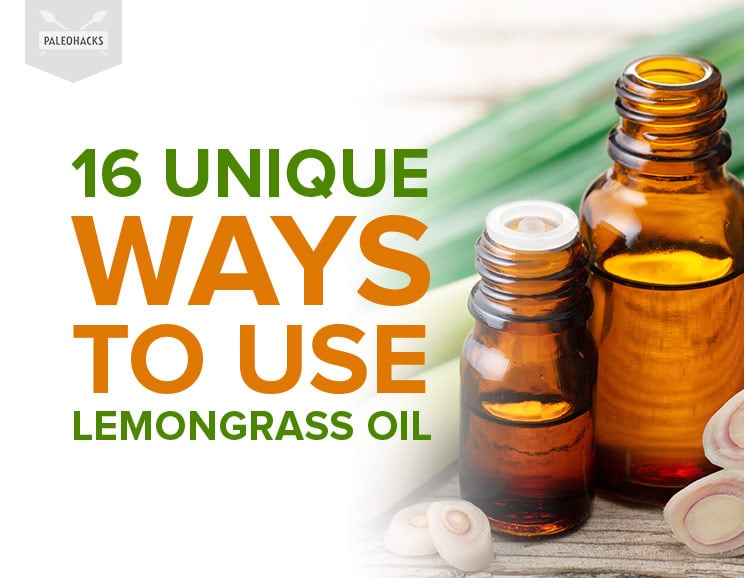

 Pumpkin Spice Blondies Have More Fun
Pumpkin Spice Blondies Have More Fun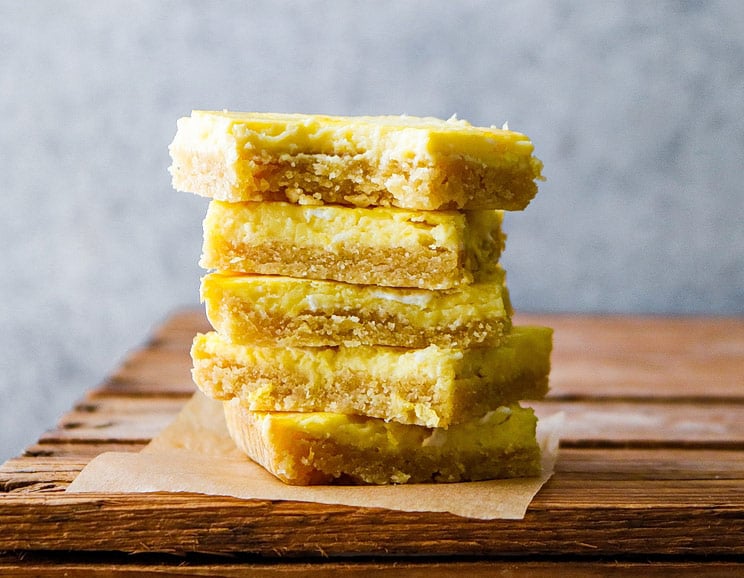
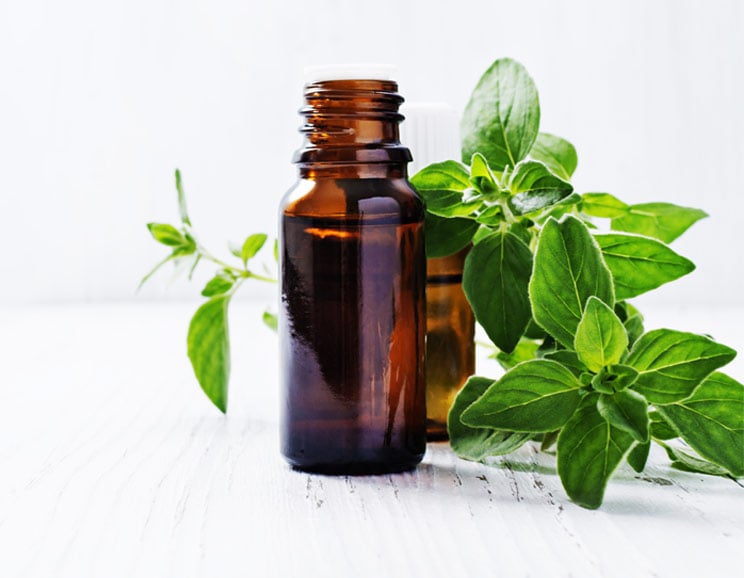
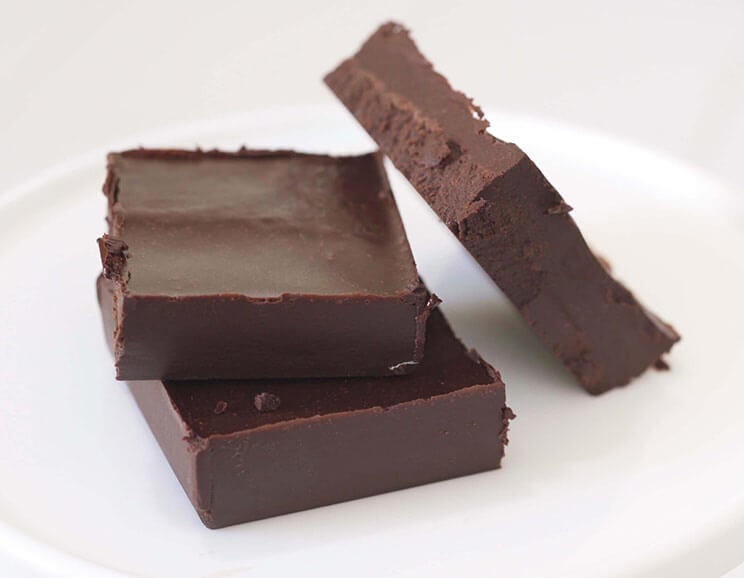
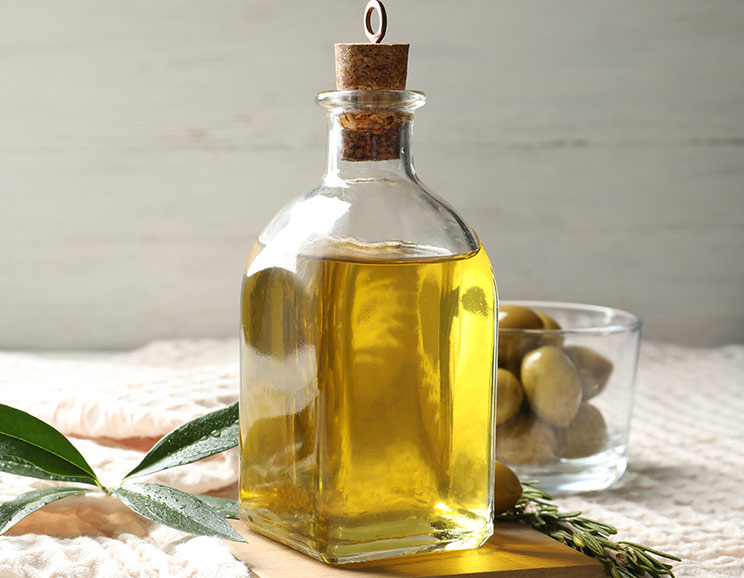
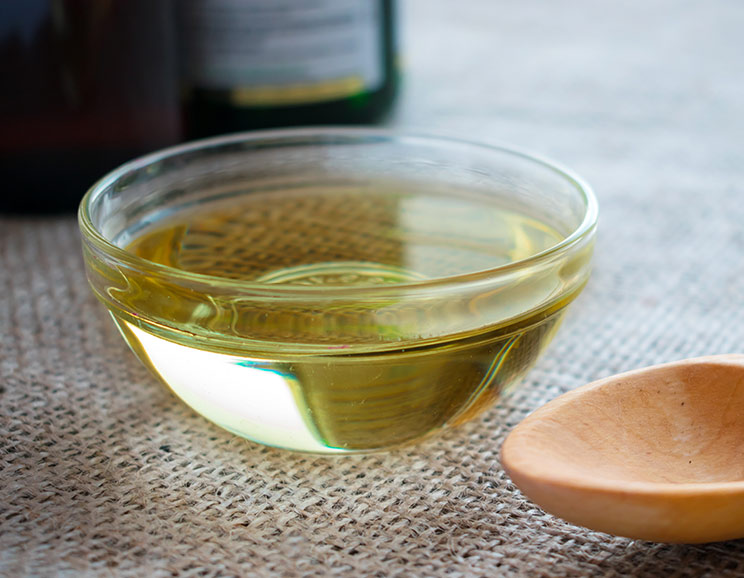
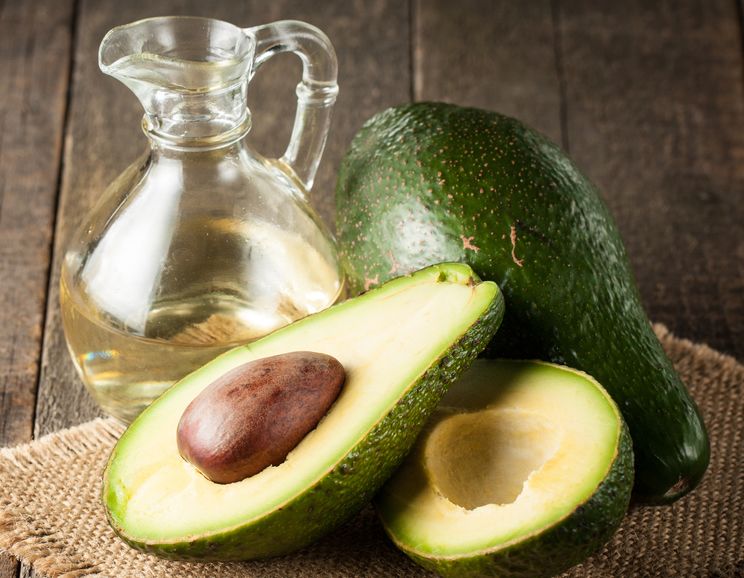
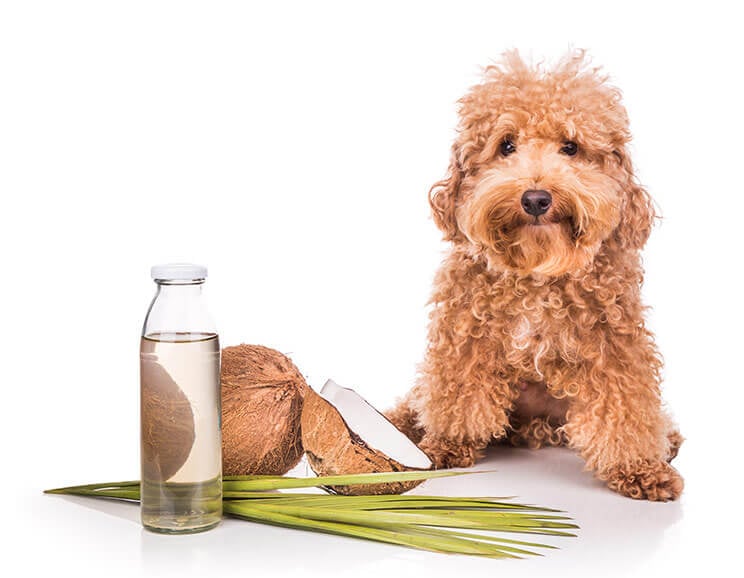
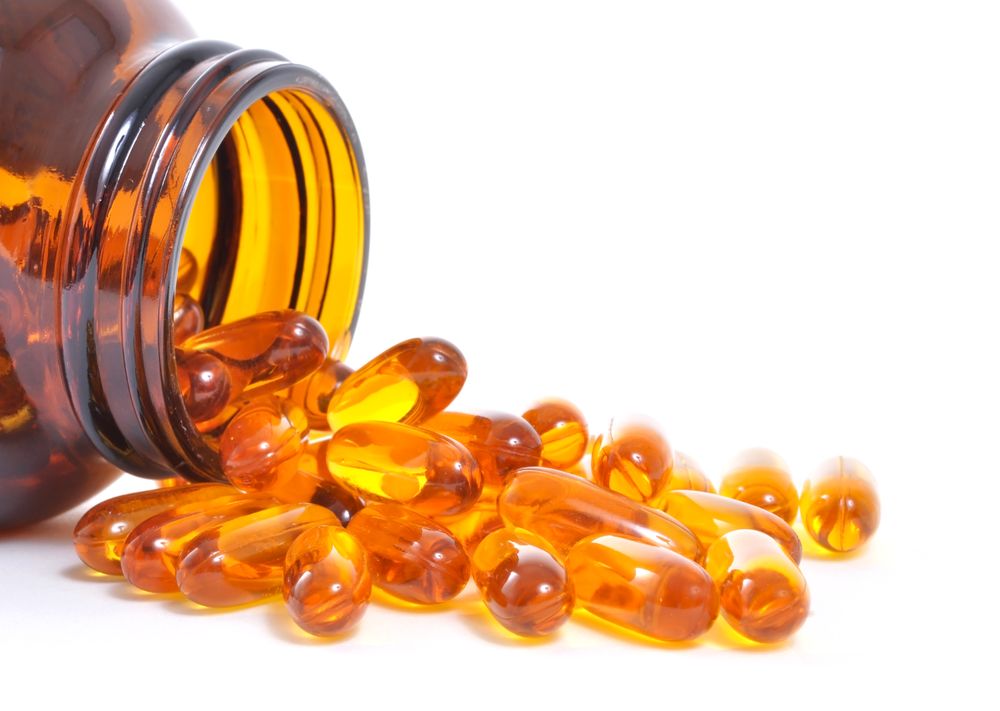
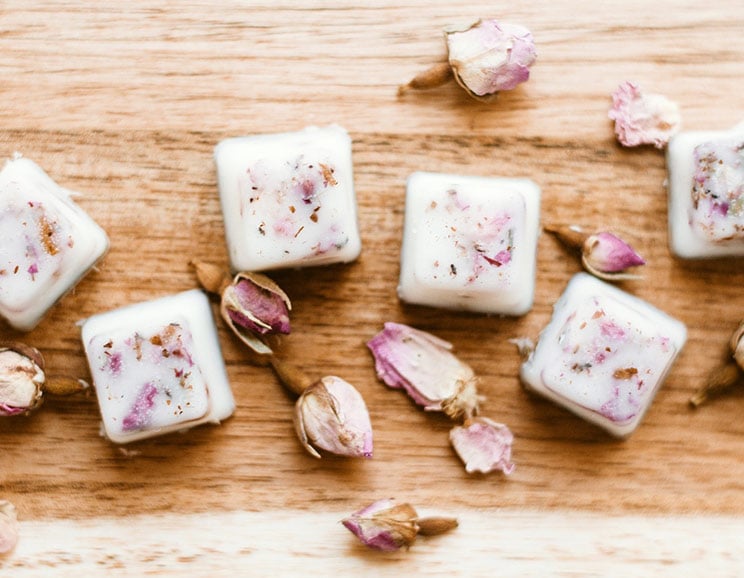
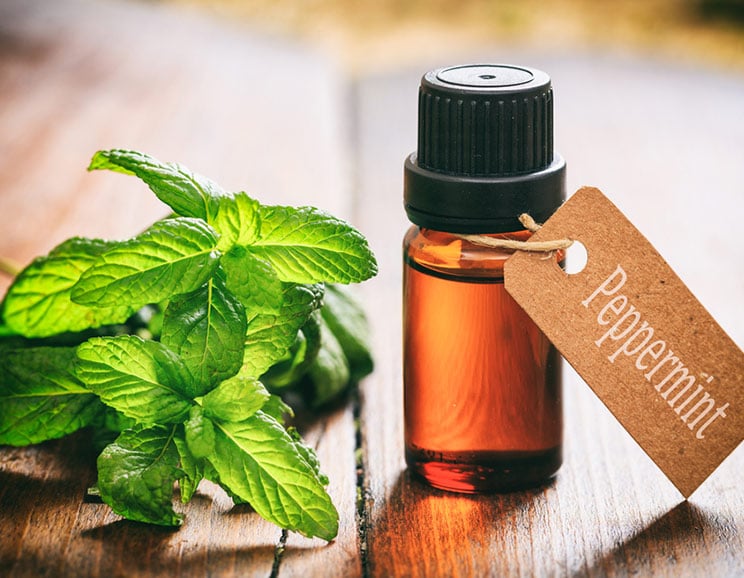
Show Comments